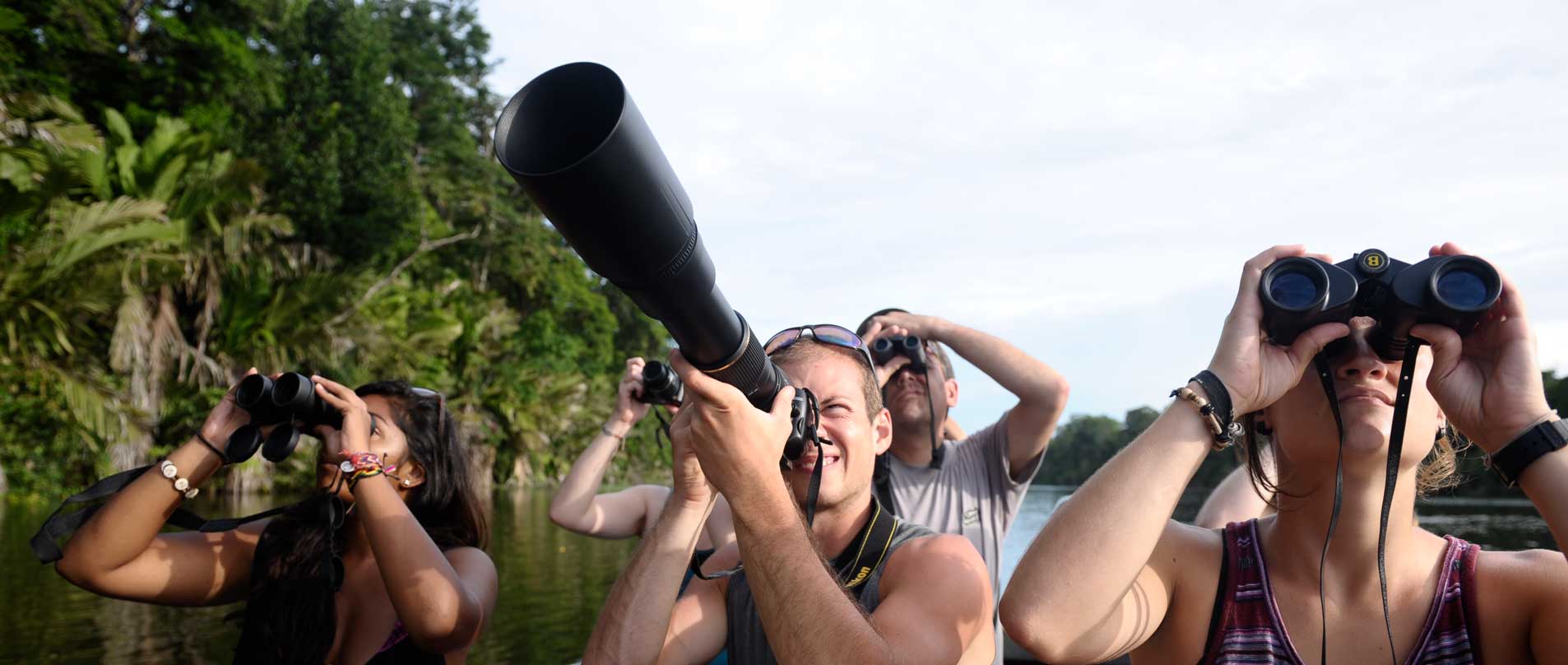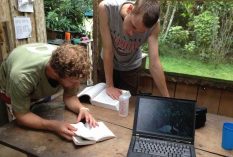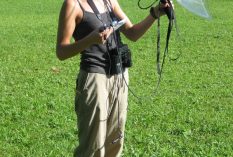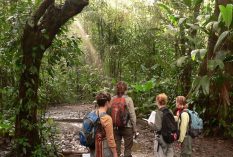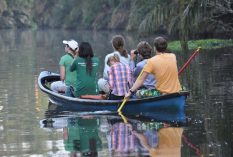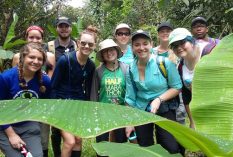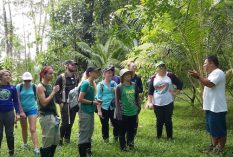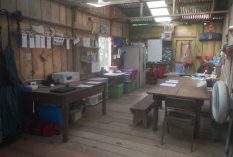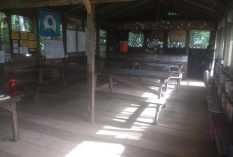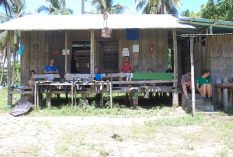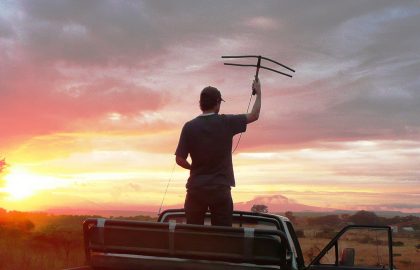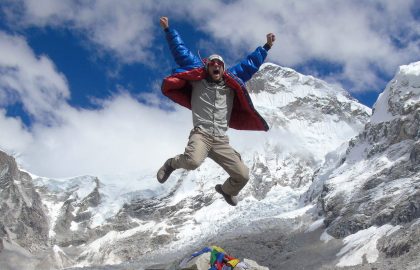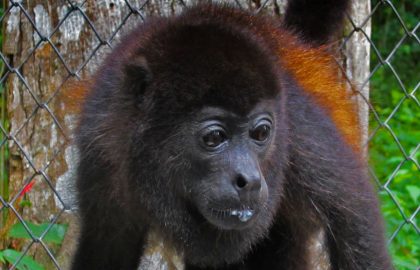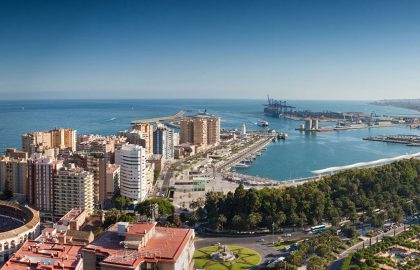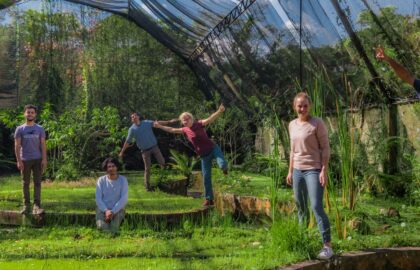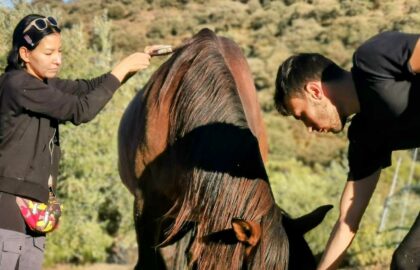Description
Location: Cahuita National Park, Costa Rica
Duration: 2-12 weeks commitment.
Start Dates: Bi – weekly project starts on a Saturday.
Price: from £2,945 for 2 weeks. Check the Prices tab for further information.
- Includes: All food, accommodation, airport pickup, pre-departure orientation and training, and all project related activities.
- Does not include: Flights, travel insurance, visas and vaccinations.
Highlights:
- Live and work at a research station in the middle of a Costa Rican national park.
- Spot unique Costa Rican birdlife in a protected Caribbean rainforest reserve while contributing to their protection and that of their habitat.
- Observe Costa Rican wildlife species in their natural habitats, including sea turtles on the Caribbean beach, and monkeys, neo-tropical birds, and amphibians in the canopies above rainforest canals.
- Visit an incredibly jaguar-dense area and one of the only locations in the world where jaguars are known to prey on adult sea turtles.
- Explore the rainforest by canoe and walk the pristine Caribbean beaches.
- Learn biodiversity survey techniques and gain real field experience.
- Undertake turtle nesting surveys and monitor nesting sites during turtle nesting season.
- Contribute to jaguar research by setting up and checking camera traps in the rainforest.
Introduction
This project works to assist the Costa Rican Ministry of Environment, or MINAET, to collect data about the presence of 30 target bird species throughout Cahuita National Park. The data is not only useful for learning more about the migration of bird species within Costa Rica, Central America, and further locations, but it also indicates the health of the National Park as a whole.
Learn how to identify these species in the wild, note their gender and breeding behaviour, and input the information into the relevant databases. This information is then shared with the Costa Rican government to inform their conservation policies.
Even though bird surveys will form the main part of your project, you will have the opportunity to participate in additional research projects and gain a holistic understanding of the Costa Rican environment. These projects might include research concerning green, leatherback, and hawksbill sea turtles, monitoring camera traps for evidence of jaguars in the vicinity, or conducting surveys of the mammals, reptiles, and amphibians found along several trails in the surrounding forest environment.
Through the recording, processing, and analysing of data, you will get to grips with the technical aspects of real-world conservation research, helping you to further your ability to operate professionally in this field. In addition, you will be mastering some soft skills like teamwork which could help you excel in many other professions.
Due to the fact you will work in a National park, you will need special scientific permit to approve you for conducting research. Further permits are required for turtle and jaguar research. The permit for turtle research takes about one month to process, while the permit for conducting jaguar research takes about 2 to 3 months to process.
Daily Life
On Costa Rica’s Southern Caribbean coast you will join a team of international volunteers as an expedition member. Our expedition base camp is located in the Cahuita National Park of Costa Rica. Your hands on work will contribute to the long-term management and conservation of this stunning rainforest.
You will be joining our team in the Costa Rican rainforest to study the 30 target species of aquatic birds provided by the Costa Rican Ministry of government. Bird surveys take place on the canals of the park and on trails in the forest, and you will learn identification techniques for the birds in the area and how to collate and input the data collected whilst on survey.
This is a segment program to the Costa Rica Wildlife conservation project so volunteers can expect to also get involved in:
- Jaguars feeding behaviour and population studies including a 15 mile survey on the beach (once a week) to monitor the number of predated sea turtles and the use of camera traps to ID jaguars and monitor their feeding patterns. Seasonal Feb to Nov.
- Also scats (faeces) gathering in order to study and genetic studies.
- Marine turtle (seasonal end of march to October) conservation using a international protocol to ID nesting greens, leatherbacks (March to June) and some hawksbills.
- Tropical species surveying and identification techniques which will be comprised of surveys in the forest focusing on the whole biodiversity of the area (amphibians, birds, mammals and reptiles).
- Data recording and Input, volunteers will assist in inputting the data collected on surveys into the projects databases.
Travel & Accommodation
Accommodation & Food:
You will be living with the other volunteers in shared (same gender) accommodation. Basic flush toilet facilities and cold-water showers are available. Participants share all base duties, including cleaning the common area and the resource room and other daily chores.
The base is remote and only accessible by boat, the base runs on solar panels but if weather is bad then sometimes it is not enough to charge everybody’s phones & cameras, so volunteers need to be prepared to have little or no charge on their devices should the weather be bad.
There is no electricity in the volunteer huts. It is very important that you bring backpack style bags as you will need to carry your own luggage to base.
Food is very basic, and most volunteers will prepare their own breakfasts, usually toast and cereals, and packed lunches to eat at the project site. You will be split into teams to prepare the evening meal on a rotational basis, which is loads of fun, but also encourages team building. All dietary requirements will be catered for accordingly.
Health & Hygiene:
The work we contribute to across the globe remains important and new measures allow our participants to continue to join our programs and continue impacting positively on their world and the communities we work with. Changes to our existing protocols have been made by our health and hygiene team to strengthen our health and hygiene protocols and ensure that international standard safeguards are in place to protect our participants, staff and host communities. Please inquire for more information on the protocols.
Travel:
Local field staff are a great source of information for sightseeing activities. Weekends are free for you to explore the beautiful sights, the possibilities are endless!
Requirements
- Minimum age 18
- Be keen and enthusiastic to get involved in the project
- Ability to work within a team environment
- Minimum 2 weeks commitment
- CRB Police check (or equivalent) showing that you have no previous criminal convictions
- Signed medical form
- Good English skills
- Necessary vaccinations
- Necessary flight & visas
- Full travel & medical insurance. Full assistance will be provided in getting everything you will need ready if you choose our Placement Support Package.
You will need to apply at least 6 weeks in advance in order to have enough time to apply for the relevant permits.
Prices
- 2 weeks – £2,945
- 4 weeks – £3,645
- 6 weeks – £4,345
- 8 weeks – £5,195
- 10 weeks – £5,995
- 12 weeks – £6,645
* Check the latest currency conversions with xe.com
** All payments incur a 5% bank transfer fee
*** Placements are confirmed with a 20% deposit.
What’s Included:
Project Fee includes;
- 24-hour emergency phone
- 24-hour in-country support
- Access to Alumni Services and Discounts
- Airport pick-up (unless otherwise stated)
- All necessary project equipment and materials
- All necessary project training by experienced staff
- Location orientation
- Long term experienced staff
- Meals while on project
- Safe and basic accommodations (usually shared)
- Welcome meeting
- Online program training before program start date:
- Pre-Departure Orientation (1 Hour)
- Program Specific Training (1-5 Hours)
- OPTIONAL: Wildlife Conservation Online Course (10-15 Hours)
What’s not included:
- Additional drinks and gratuities
- Extra local excursions
- Flights
- International and domestic airport taxes
- Medical and travel insurance
- Personal items and toiletries
- Police or background check
- Visa costs (where necessary)
Full assistance will be provided in getting all these arranged if you choose our Premium Support.
Premium Support Upgrade
We understand there’s a great deal to plan and organise for your trip. When booking a Placement, many of our participants choose to purchase our Premium Support Upgrade to benefit from the expertise, knowledge and experience of our Project Coordinators.
We can provide the personal advice you need to ensure your trip is organised with excellence and planned with efficiency; ensuring the very best experience possible. Read more about how we can help you.
Tortuguero, Quebrada Honda, Provincia Guanacaste, Costa Rica
Note: Map coordinates are approximate

